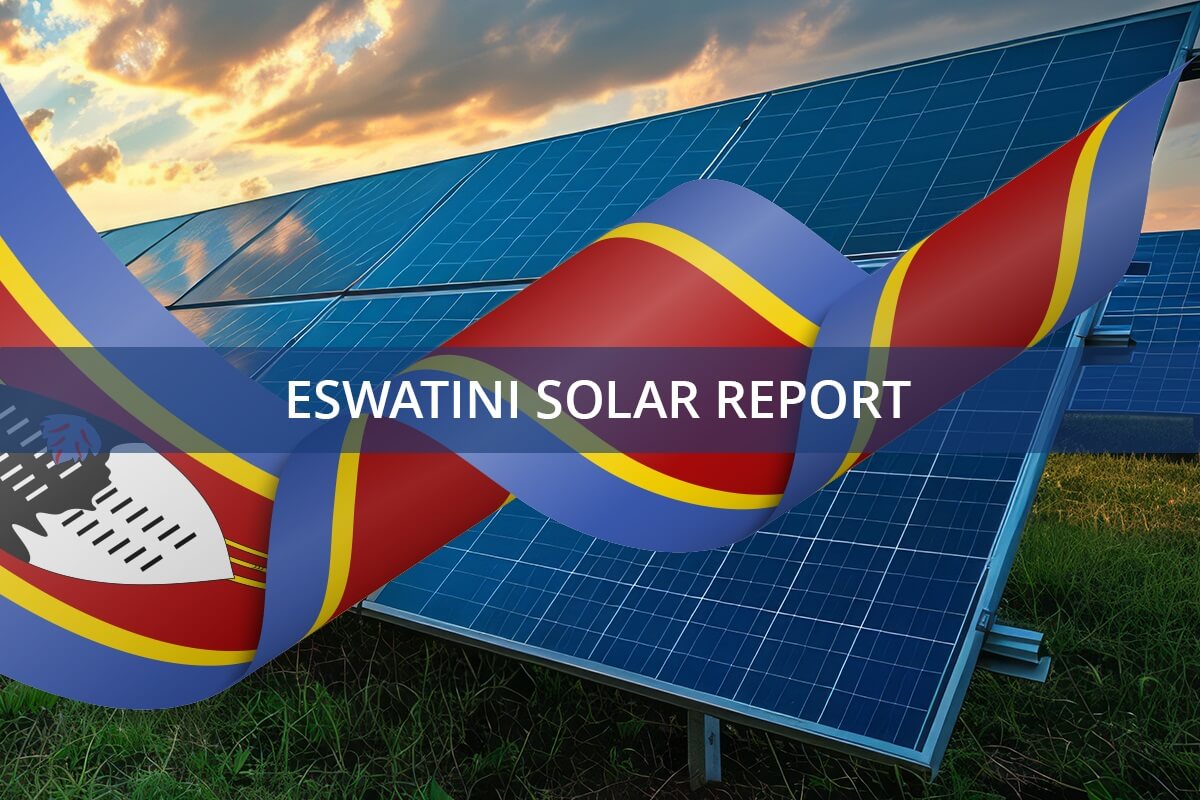Eswatini is aiming to generate 100 MW of solar power by 2025. This ambitious initiative is supported by the UNDP and EU through the Solar Energy Transition Project, detailed further in articles like Eswatini Solar Energy: Stunning 100 MW Power Push by 2025. The project’s core objectives are to decrease the nation’s dependence on electricity imports and reduce energy costs for both businesses and households, contributing to greater energy independence as discussed in Eswatini energy independence: 5 Essential Steps to 20% Imports by 2025.
Eswatini Solar Energy: A Global Perspective
While Eswatini is making strides in solar energy, the global landscape is constantly evolving. Recent developments, such as the cancellation of the $7 billion “Solar for All” program (Solar for All canceled: Shocking $7 Billion Program Cut – PVKnowhow), highlight the complexities and challenges facing the solar industry. Furthermore, international trade disputes, including tariff challenges on solar imports (Shocking 2024 petition challenges Laos solar imports – PVKnowhow), underscore the importance of domestic manufacturing and resilient supply chains. More information on Eswatini’s solar market can be found in the Eswatini Solar Panel Manufacturing | Market Insights Report.
Eswatini’s Commitment to Eswatini Solar Energy
Despite these global challenges, Eswatini’s commitment to solar energy signifies a crucial step towards a sustainable future. By investing in solar power, the nation aims to enhance its energy security, stimulate economic growth, and improve the quality of life for its citizens. Projects like the one highlighted in Ngwenya Solar Project Financing: 30 Million Dollar Success by 2025 demonstrate the potential for impactful solar development in the region. The success of such initiatives will be crucial for Eswatini to achieve its renewable energy targets and serve as a model for other nations in the region.

